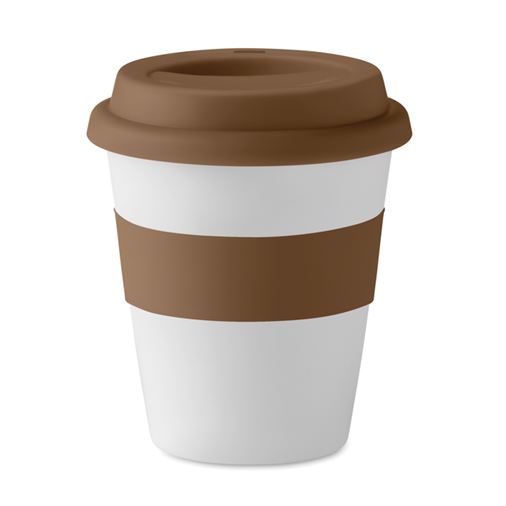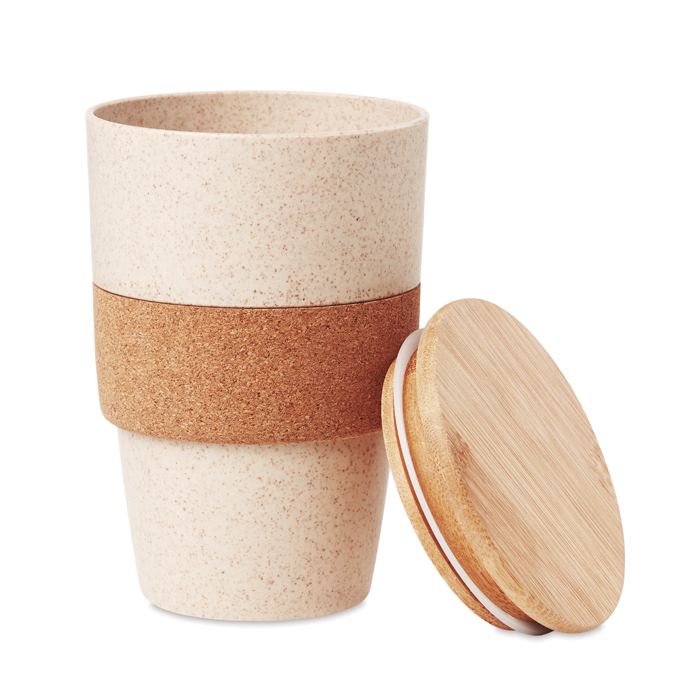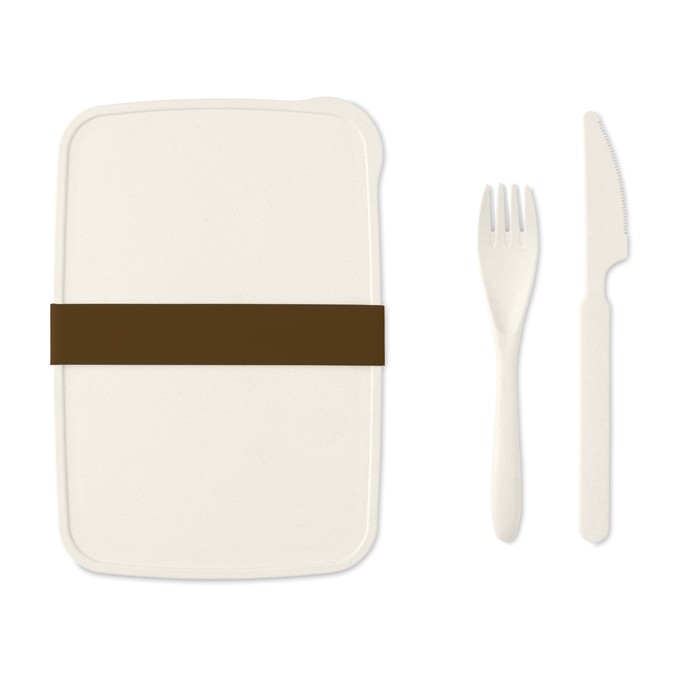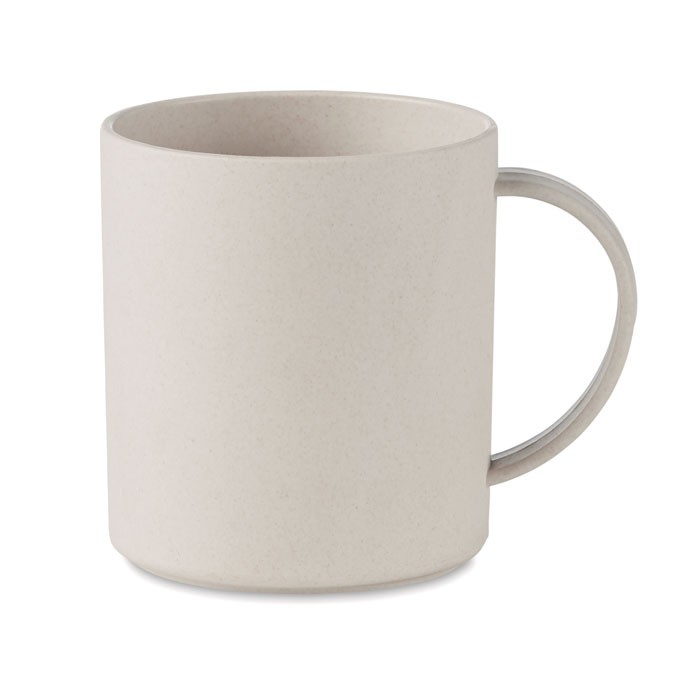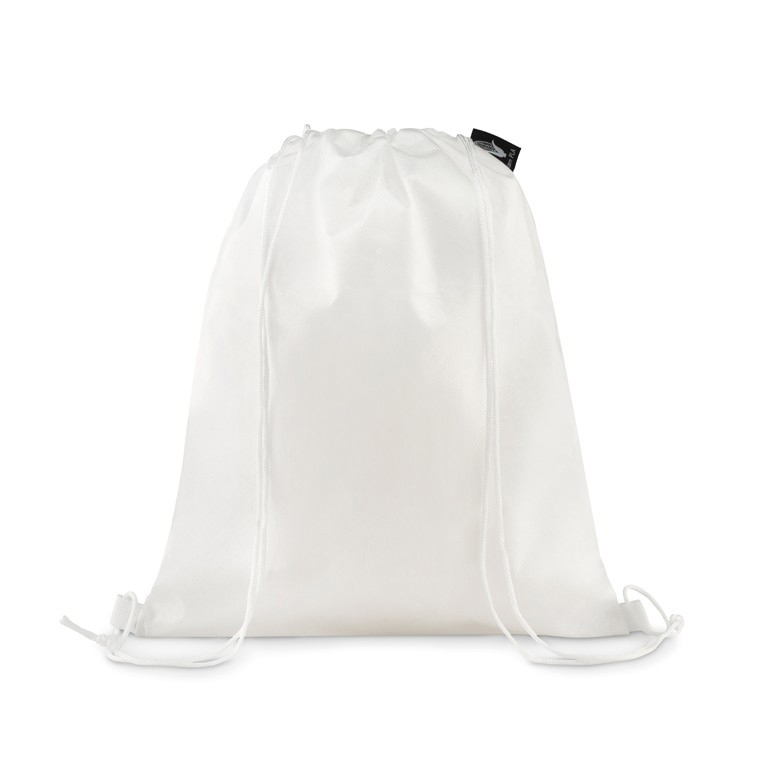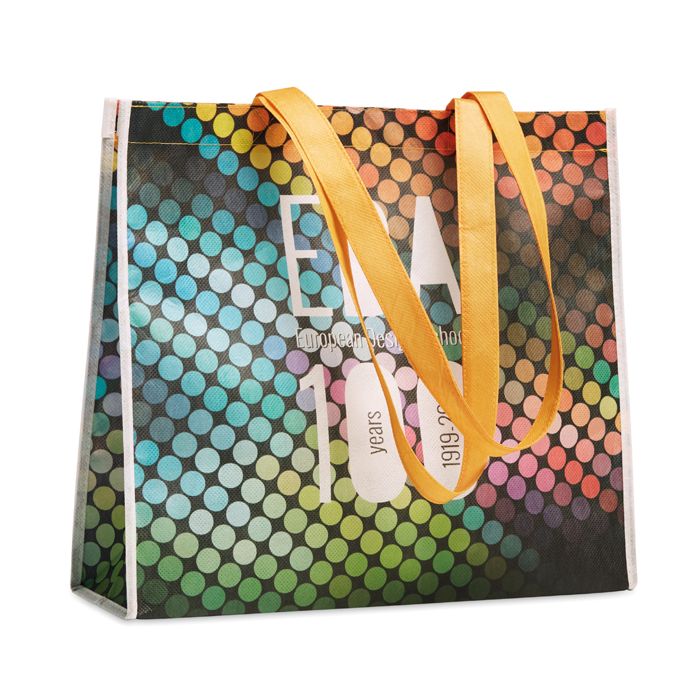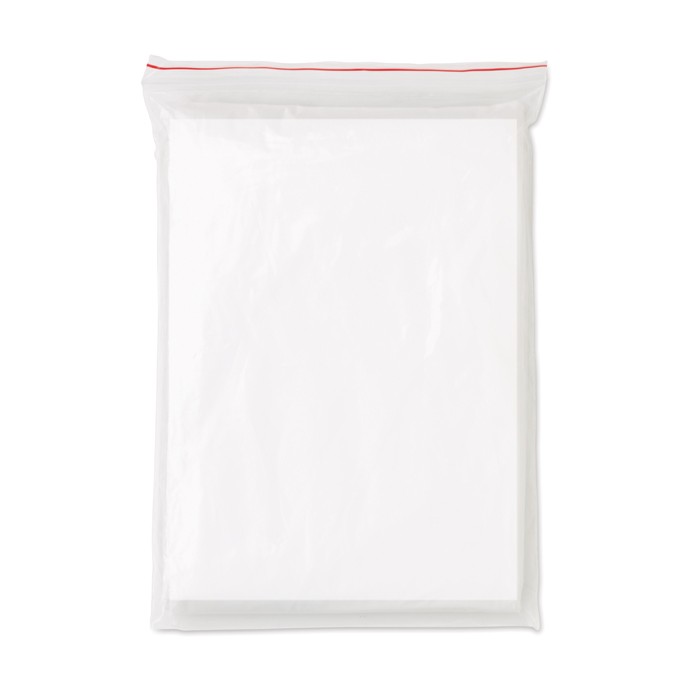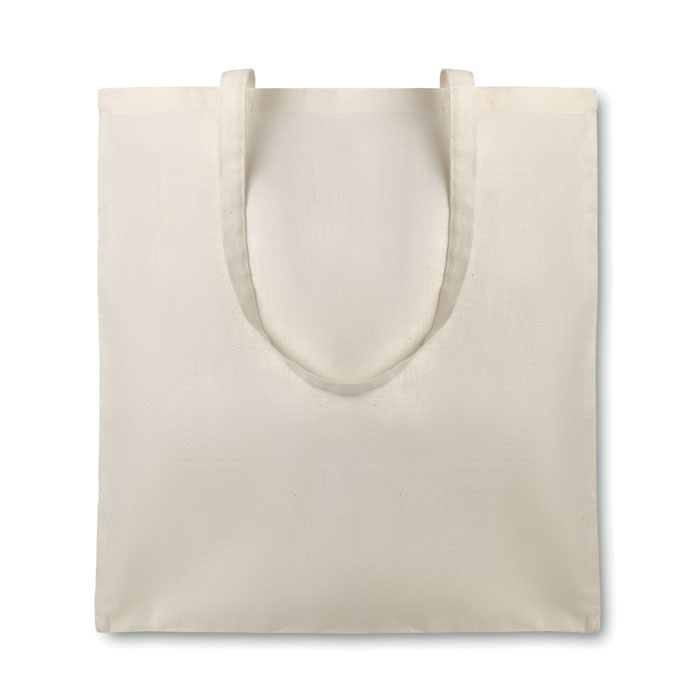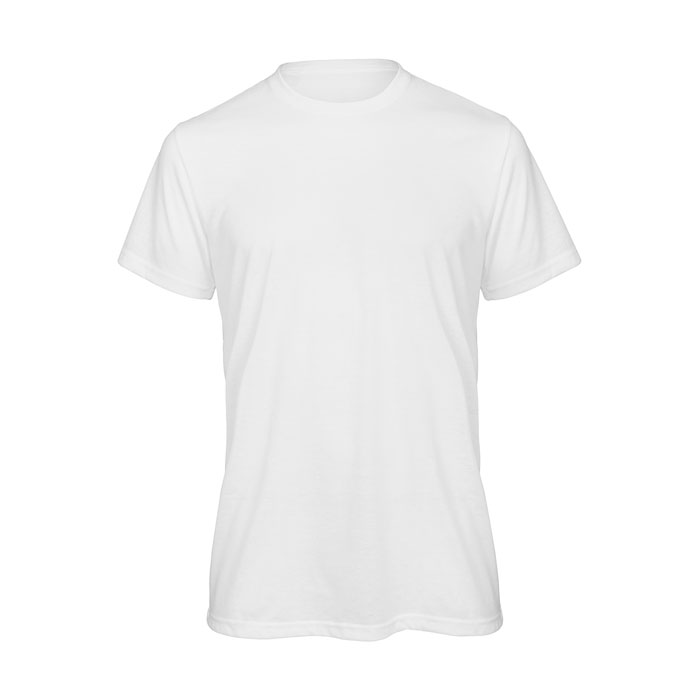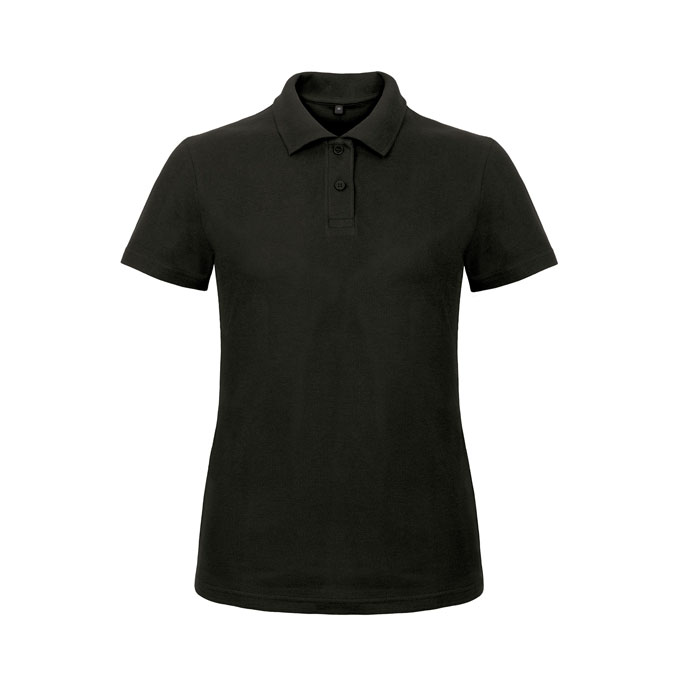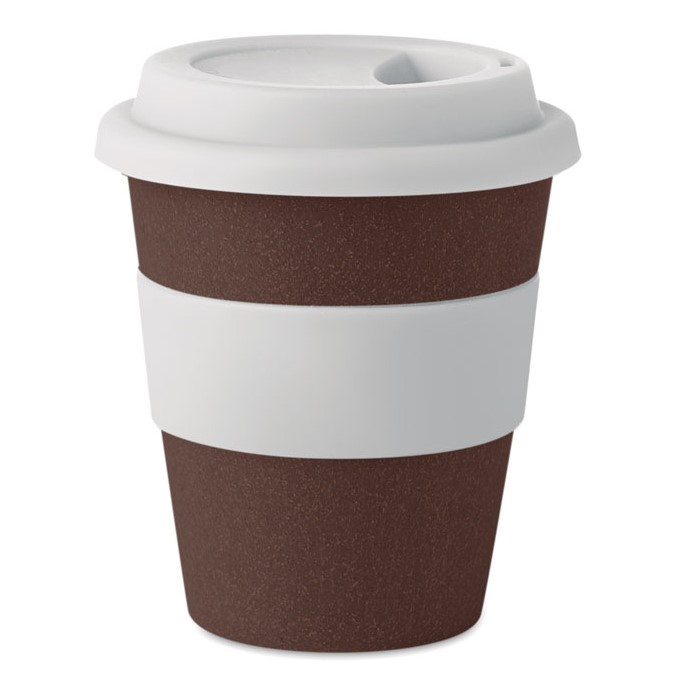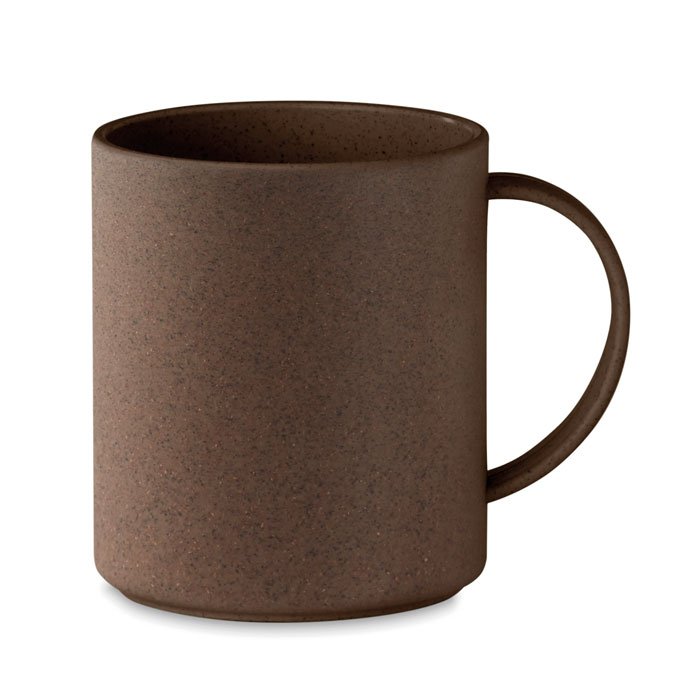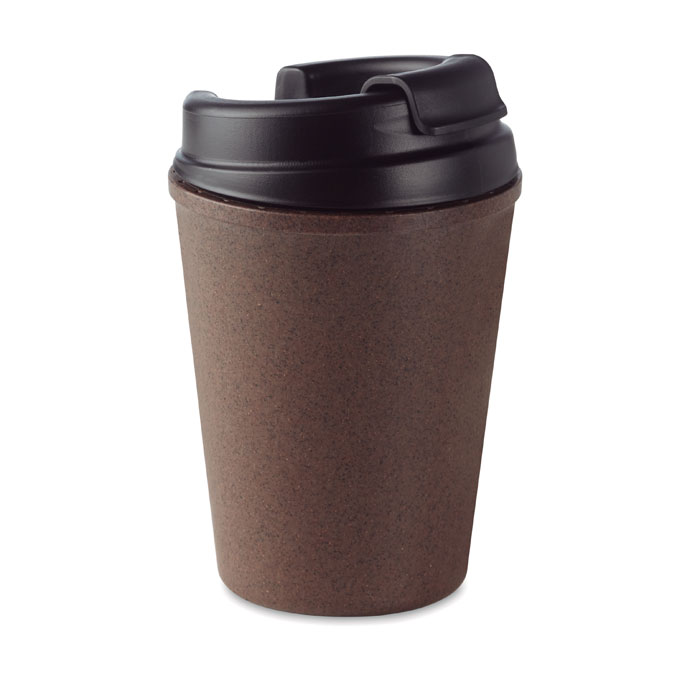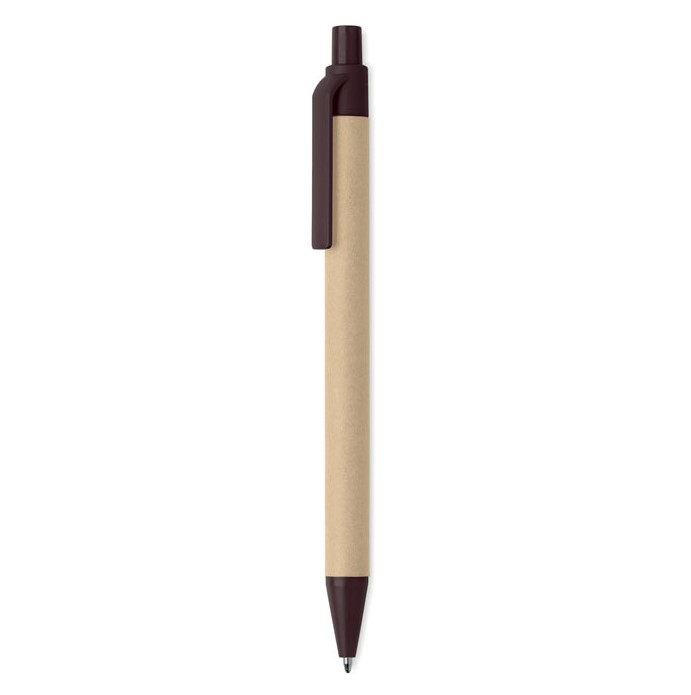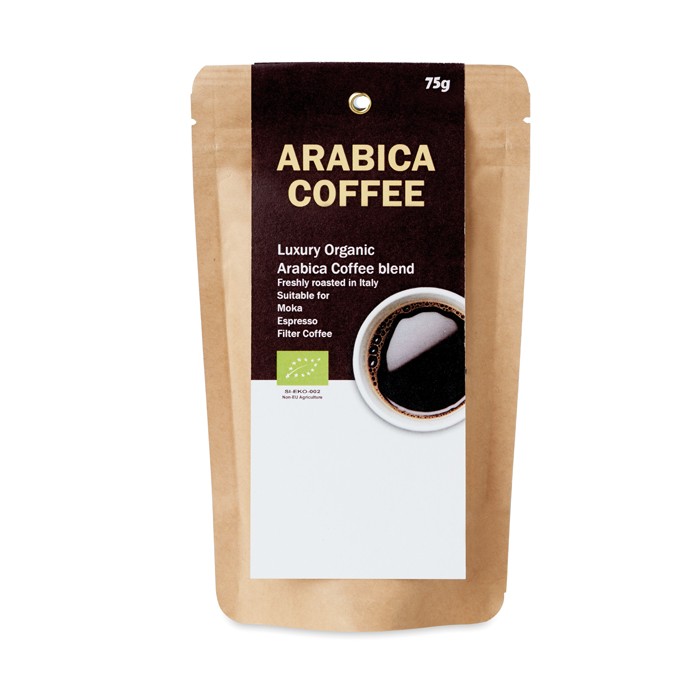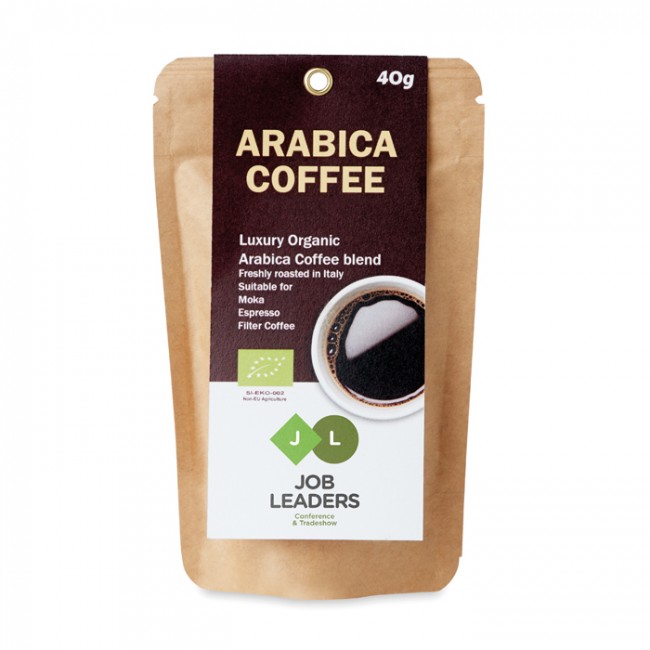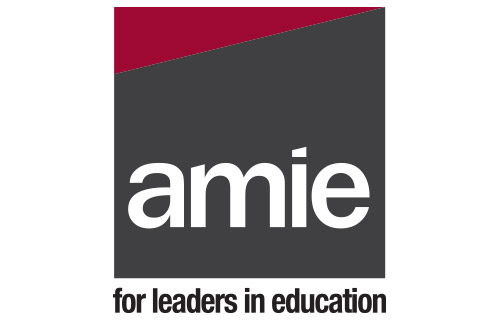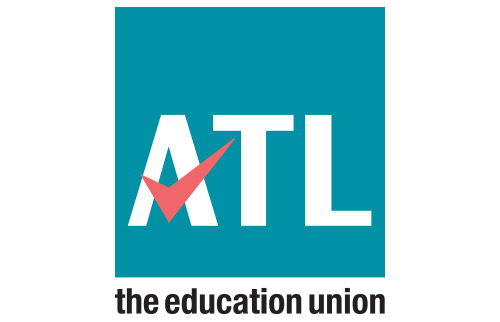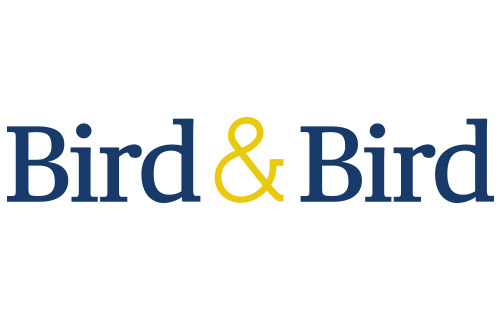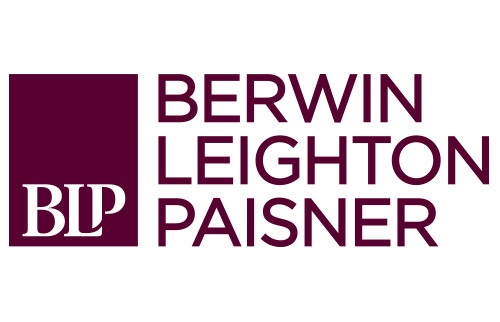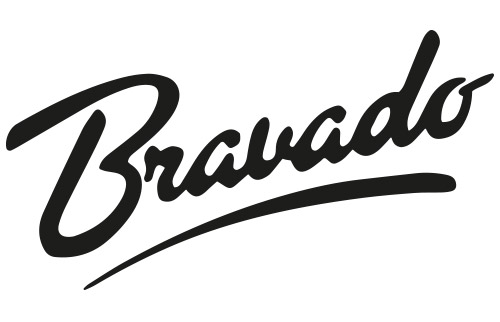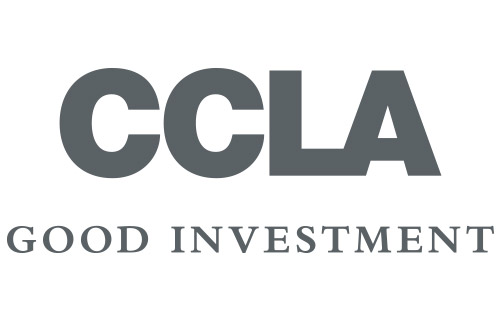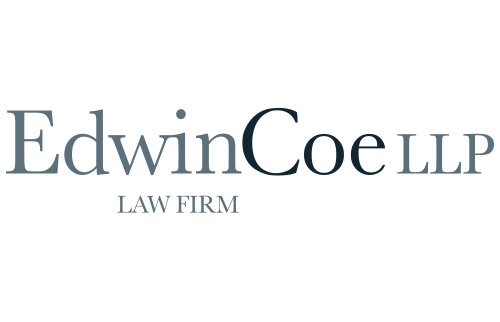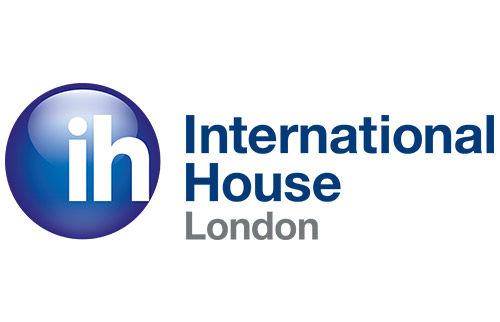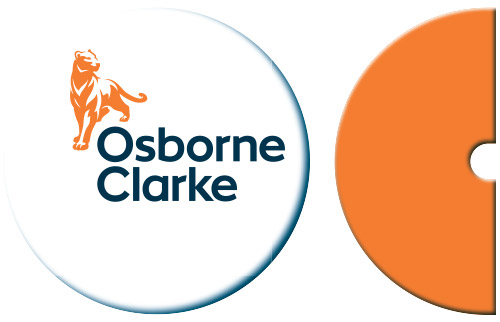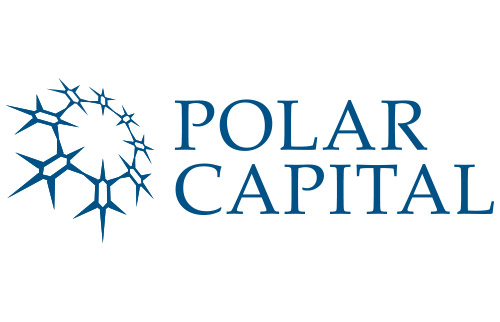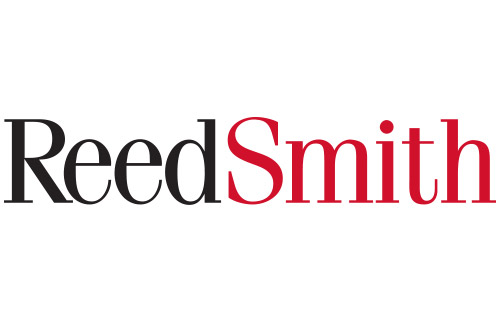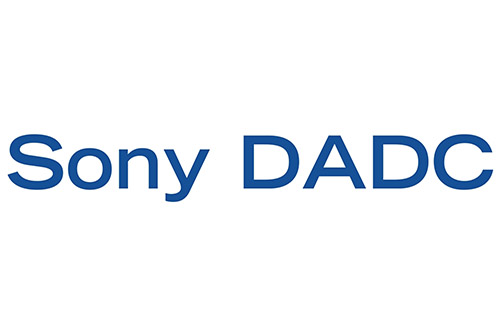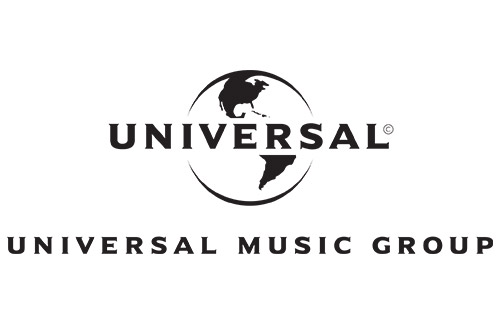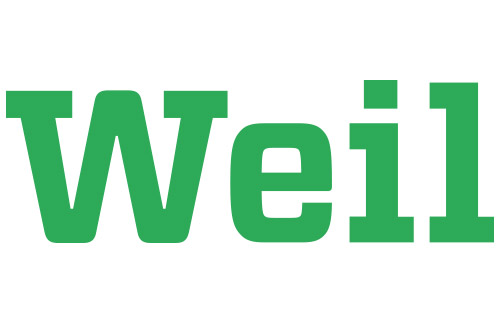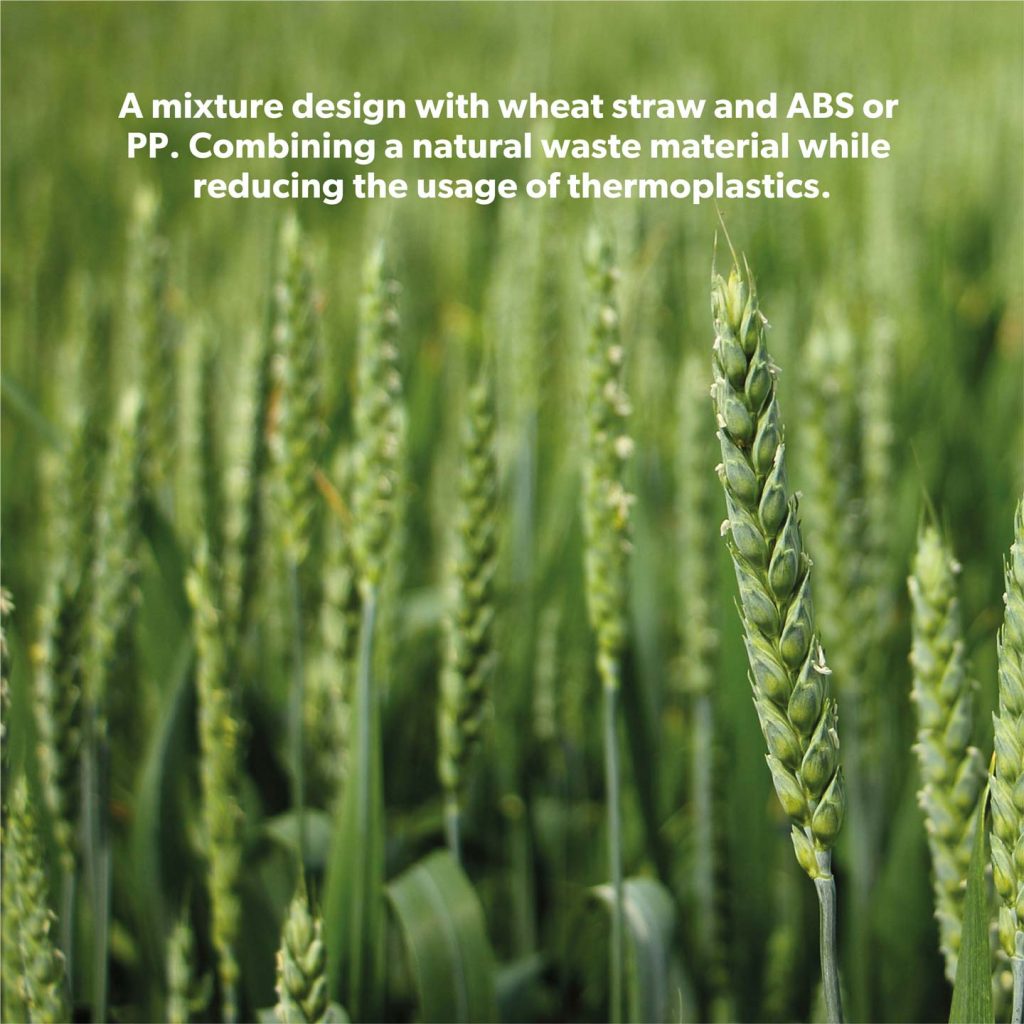
Wheat Straw
Wheat-straw is mainly an agricultural waste product that remains after grain or juice is extracted from the crops. Wheat straw is recently being used as filler for thermoplastic composites as polypropylene or ABS. It is a valuable environmentally friendly resource that, while upgrading the outlook of many reuseable products, helps to reduce the amount of plastics used while reusing natural sources.
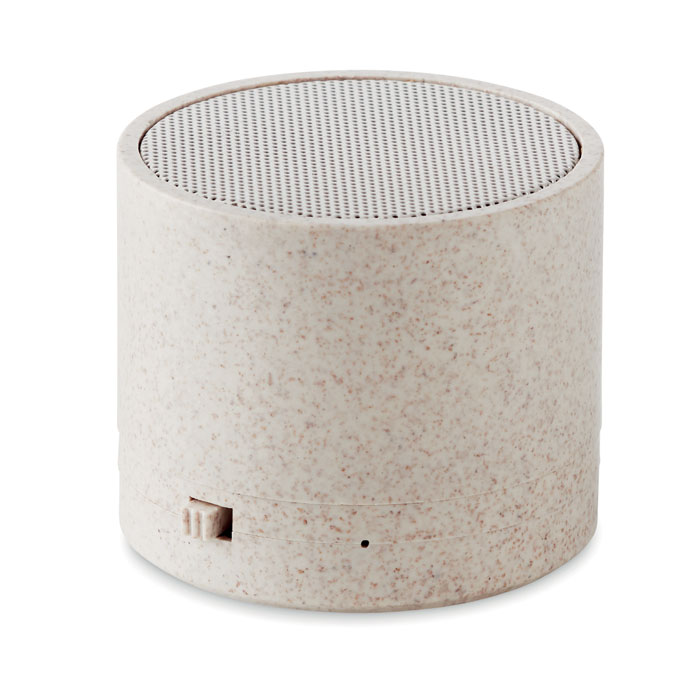
Round Bass+
MO9995
Soul
MO9757
Layaback
MO9891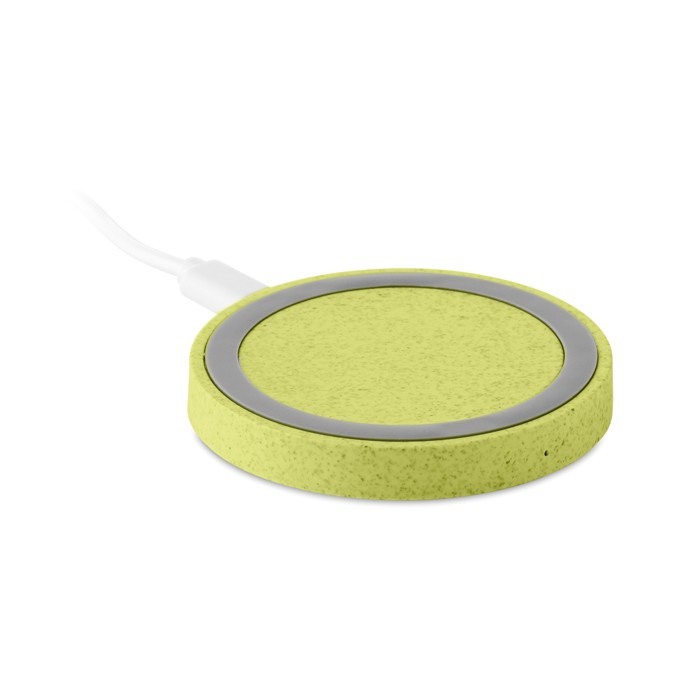
Plato+
MO9996

Unipad
MO9997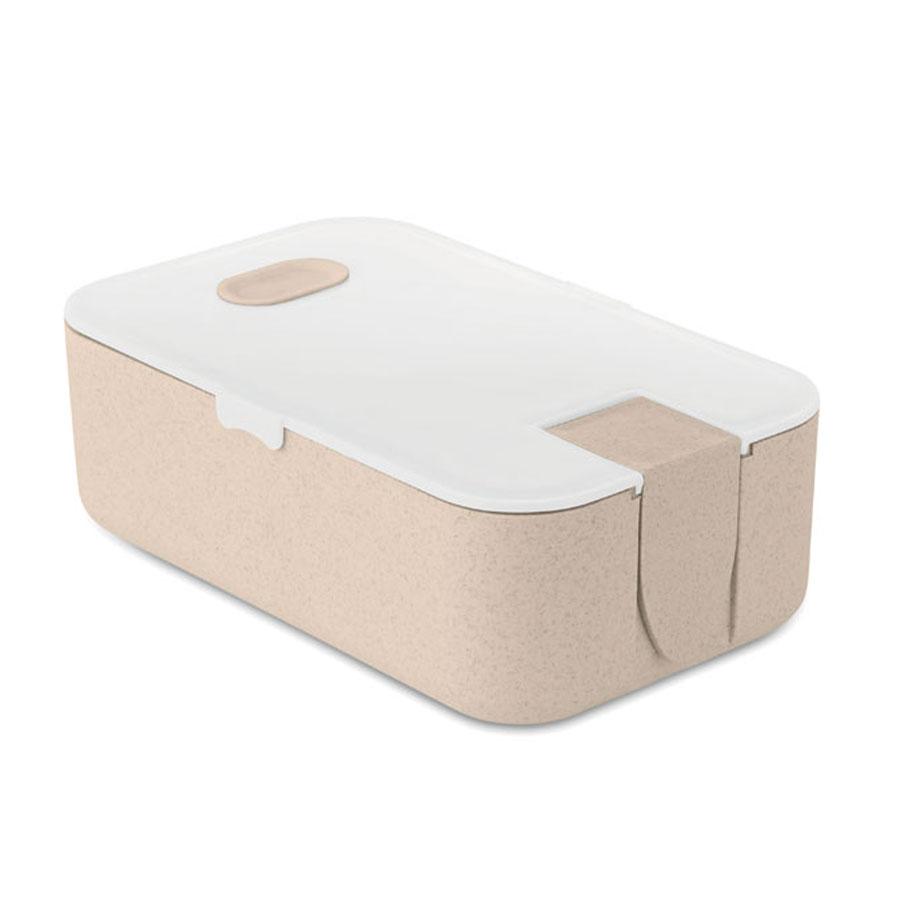
Lunch2Go
MO9739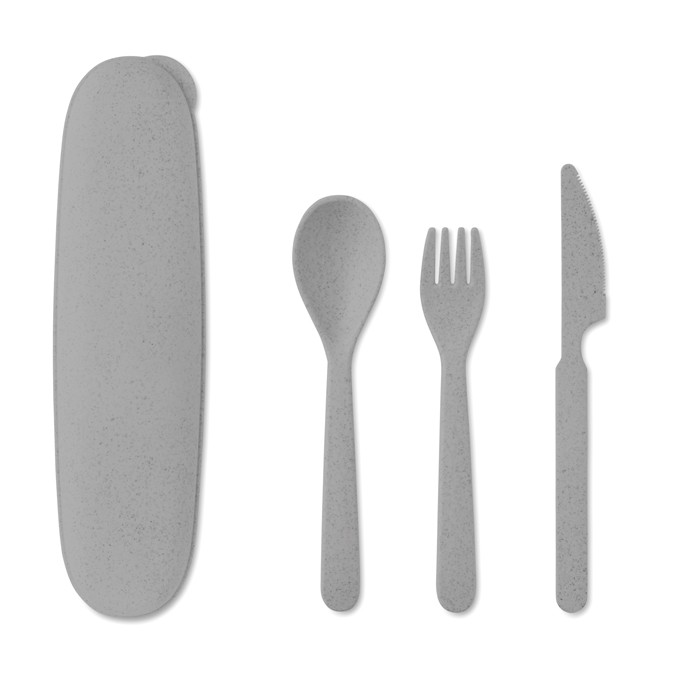
Siya
MO9744
Pecas
MO9614

Rio Pecas
MO9761
Bern Pecas
MO9762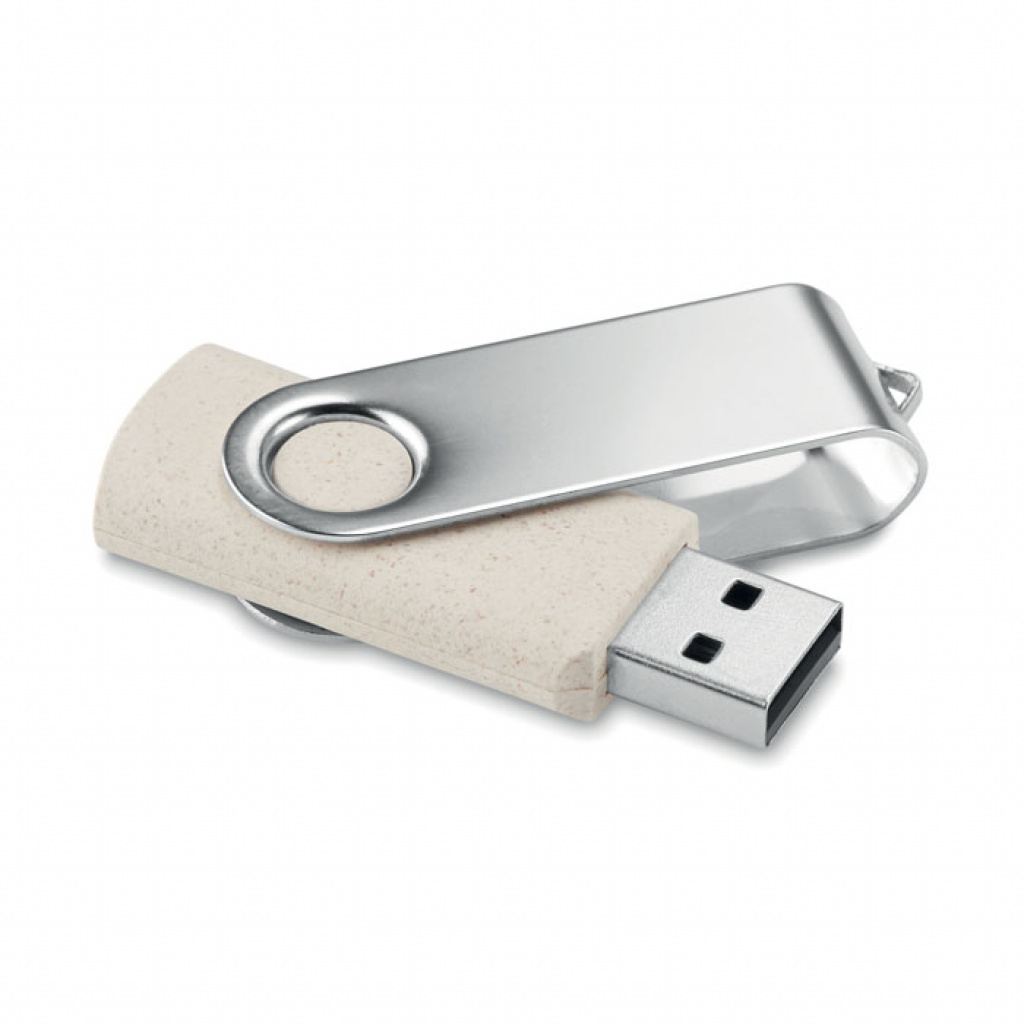
Techmate+
MO9871
Bamboo Lanyard
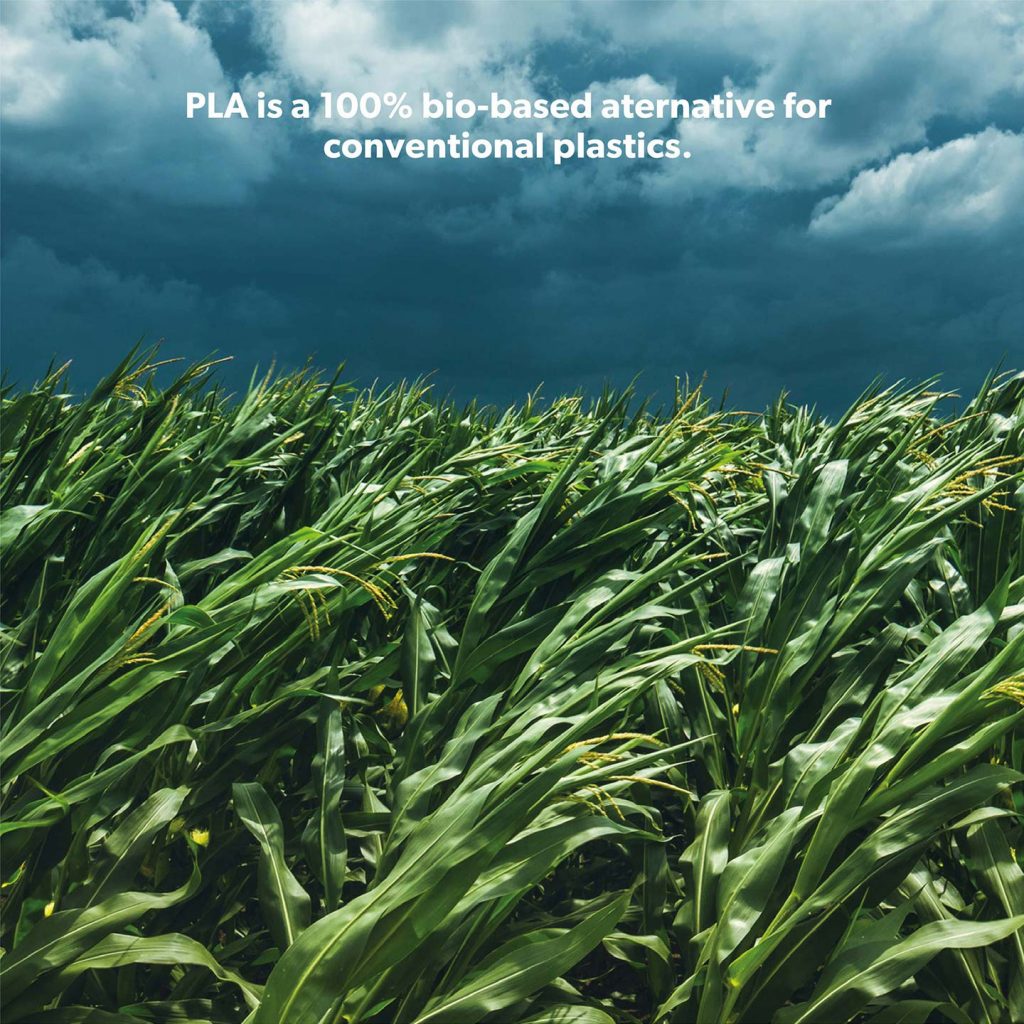
Corn PLA
Polylactic acid (PLA) is a natural plastic substitute made from fermented plant starch (usually corn). It is an eco-friendly, renewably-sourced and biodegradable alternative to conventional p etroleum-based plastics. The increased usage of PLA will reduce the carbon footprint of many industries. This non-toxic green material can be used for all kind of products as grocery shopping bags to safe or reusable tumblers.
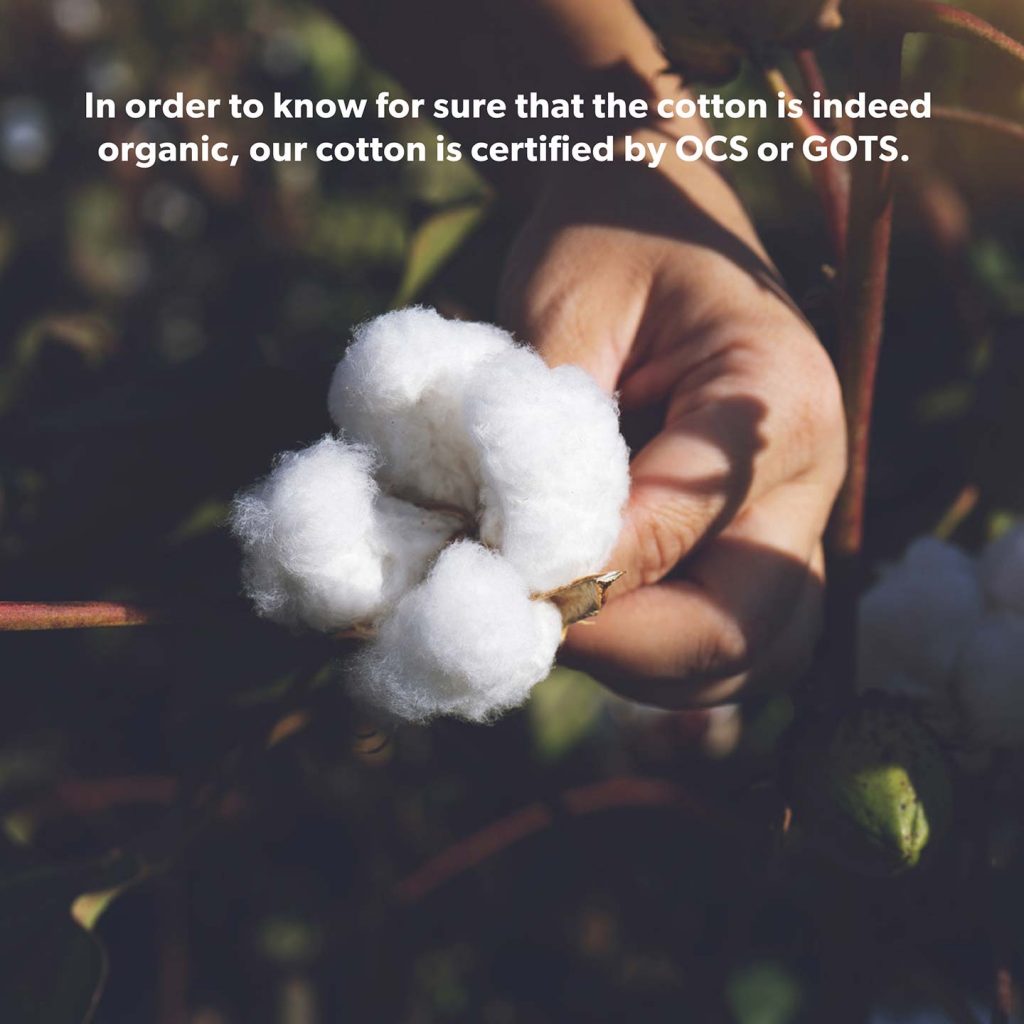
Organic Cotton
Organic cotton is equal to cotton with the difference that it is naturally grown without use of any pesticides, herbicides, fertilizers or any other chemical. In order to know for sure that the cotton is indeed organic, manufacturers go through extensive supply chain verification by third-parties and only certified cotton can be marketed (example by GOTS). Number of organic cotton farms is increasing fastly however still counts for a very small part of overall cotton production worldwide.
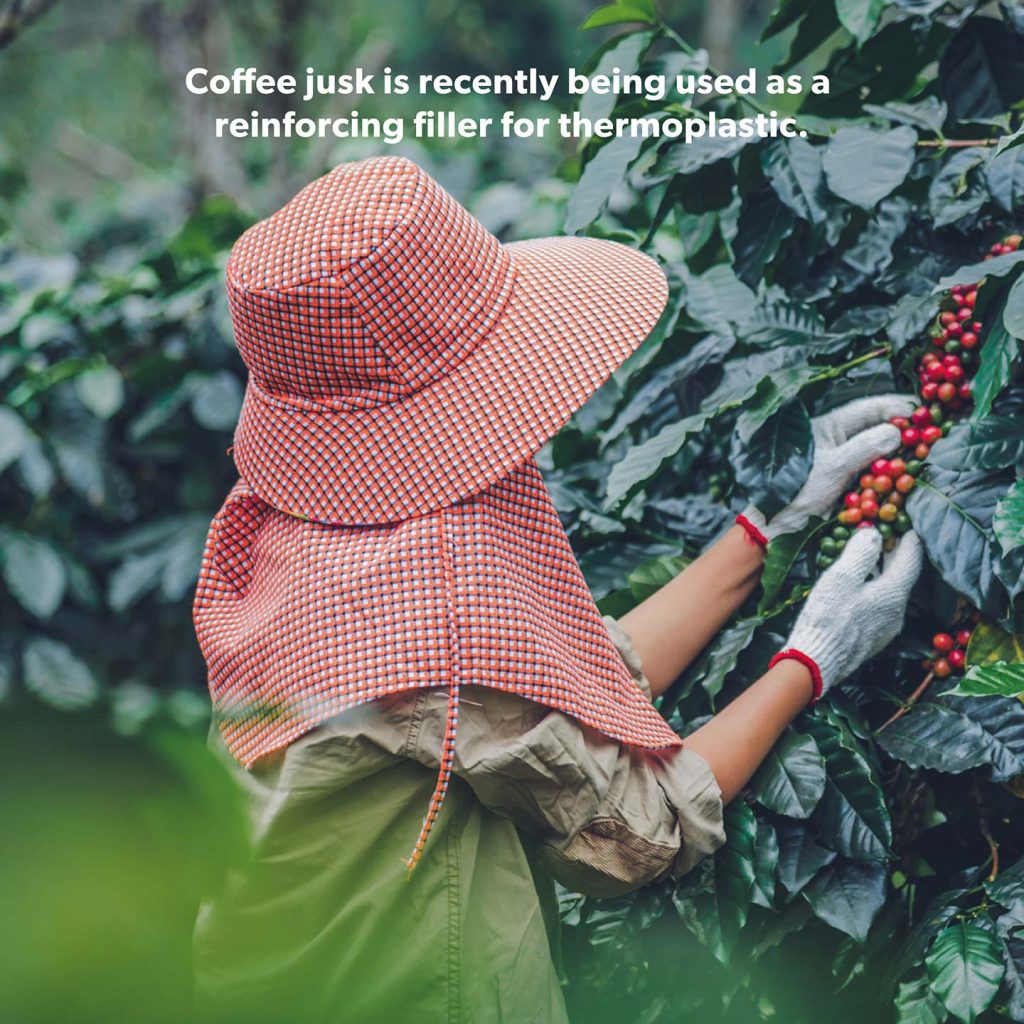
Coffee Husk
After petroleum, coffee is the second most commercialised product in the world. Coffee husks (or chaff) is the dried skin of the bean. During the roasting process, the husk falls off and mostly thrown away. Coffee husk is recently being used as reinforcing filler for thermoplastic composites as polypropylene or ABS. It is a valuable environmentally friendly resource that helps to reduce the amount of plastics used.

